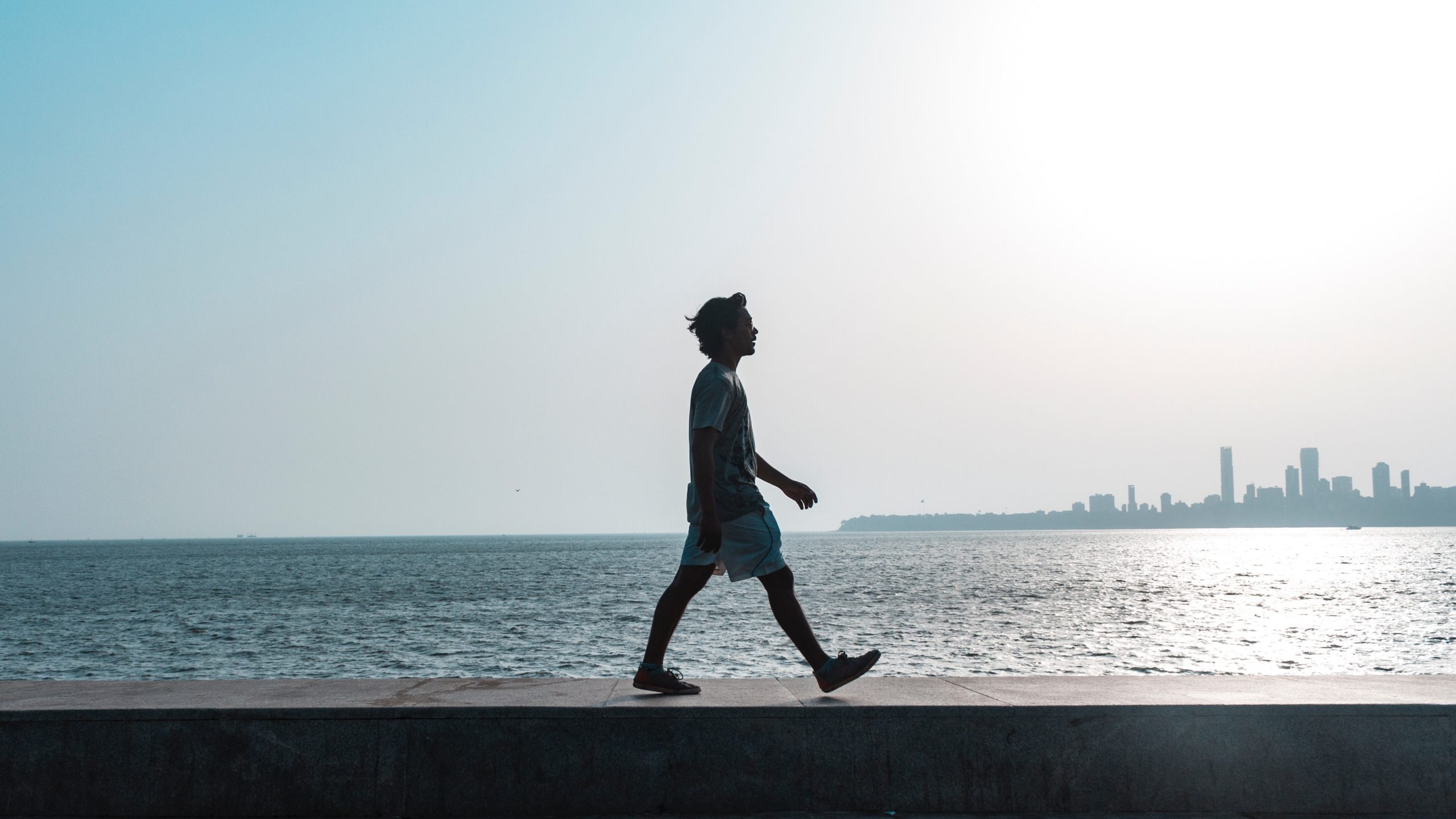
By Professor John Bryson
Department of Strategy and International Business, University of Birmingham
I spent last weekend engaged in voluntary work in a churchyard. This location makes one reflect on the past, the future and Covid-19. From the churchyard, I observed human behaviour in adjacent streets, which I found troubling. I saw three types of social behaviour which highlighted that many citizens have yet to appreciate the severity of the Covid-19 pandemic:
- Parents collecting a very young child who had been on a sleepover with her grandparents.
- Walkers failing to keep more than two metres apart from other people.
- Groups of young male adults ignoring the guidance on social distancing.
The key question is: how do we encourage or force citizens to appreciate the severity of the national emergency that this country is facing and to behave responsibly?
I am a geographer interested in individual and group behaviour. In my last book, I argued that city-regions are the outcome of an on-going accumulation of many trillions of decisions made by individuals, groups and organisations. Some of these decisions reflect a “nano-scale of decision-making” (Andres & Bryson, 2018: 4) that includes the second-by-second decisions made by individuals. All these, nano-scale decisions are layered on top of one another in complex arrays.
Identifying causalities
A central pillar of all research is identifying and understanding causality, or causation. In other words, cause and effect. There are different types of causality. In this instance, social distancing, as part of the fight against Covid-19, is intended to reduce reciprocal causality. Reciprocal causation includes feedback loops; “a” impacts on “b” and “b” then impacts on “a”.
Causality keeps academics and politicians awake at night, understanding cause and effect is a complex process. There is one additional complication that we need to consider, that is, deterministic versus probabilistic causation. Deterministic causation occurs when a cause always produces the same effect while probabilistic causation describes a cause that sometimes brings about an effect, but not always. Thus, social distancing should reduce Covid-19 and deterministic causation. Acting irresponsibly during the Covid-19 pandemic is more about probabilistic causation.
How “nano-scale decisions” can lead to long term consequences
Reducing the impacts of the Covid-19 pandemic on individuals, households, businesses and the NHS is an exercise is trying to alter human behaviour. The challenge is in persuading all UK residents to act responsibly and engage in effective social distancing at all times. Acting responsibly will minimise reciprocal and deterministic causation by reducing the spread of Covid-19, thereby reducing deaths.
People do not act rationally and often act on the basis of habit or routine. Many “nano-scale decisions” reflect everyday behaviour that has been learnt through repetition. Part of this involves what is known as “status quo bias” or inertia. Individual behaviour too often reflects learnt behaviour, existing routines and default positions.
Changing the status quo
Governance is partly an exercise in understanding how to change status quo bias. Four approaches can be deployed. Currently, the UK is adopting all these approaches but targeted at different scales:
- Education – There is an on-going educational campaign designed to raise awareness of Covid-19 and its impacts.
- Incentives – The government’s mantra, “We’ll Do Whatever it Takes” is intended to act as an incentive to encourage individuals and companies to act responsibly. One reaction has been decisions by many retailers to voluntarily close their stores. John Lewis, New Look and Topshop have decided on temporary closure.
- Nudges – Nudge-based interventions are perhaps much more challenging during times of immediate crisis as they are less immediate in their effects.
- Coercion – Coercion-based approaches in the UK include the order to close for businesses including pubs, restaurants, theatres and gyms.
The on-going policy challenge is to persuade all citizens to act responsibly and to appreciate the possible impacts of their everyday actions upon others. Thus, during the Covid-19 pandemic the status quo must alter. There will be two outcomes should people not alter their behaviour – more deaths and the intensification of coercion-based approaches.
What you need to know about social distancing
| Avoid | Be very cautious | Safe |
| Avoid large and small gathering of people in public places | Outside your home – adopt appropriate social distancing procedures at all times | Going for a run or a jog, adopt appropriate social distancing procedures at all times |
| Sleepovers and play dates | Be aware of others and possible threats of transmission | Cycling, adopt appropriate social distancing procedures at all times |
| Taking children to visit grandparents | Visiting the supermarket | Working from home |
| Going to the gym | Visiting a pharmacy | Starting and even completing DIY projects |
| Having visitors including friends and workers to your home | Travelling or going for a drive | Reading |
| Avoid non-essential use of public transport when possible | Checking on family and friends | Writing a book, poetry or any form of home-based creative activity. Keeping a diary during this period |
| Avoid non-essential travel | Using public transport | Watching television and listening to music |
| Letters, parcels and packages delivered to your home | Learn a new skill using on-line resources | |
| Video or phone calls for work, family, friends and neighbours | ||
| Use telephone or online services to contact essential services including GPs |
Note: Follow the latest government guidance on social distancing.

1 thought on “Social Distancing: People are the Problem”